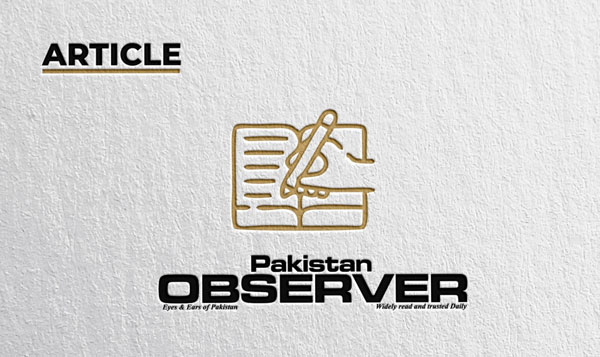Copyright pakobserver

WE are not having a lack of people, but a lack of leaders with the right skills, such as empathy, humility, active listening, communication, and the ability to foster employee trust and confidence. The truth about true leadership is that it emphasizes service delivery, inner strength, and leading by example rather than authority, highlighting qualities like humility, purpose, and the ability to inspire others toward a higher vision. Leadership styles are bureaucratic, paternalistic, and self-protective, although transformational leadership is discussed too much to promote innovation. Key to public sector operations is a strong emphasis on performance evaluation and advancement through merit-based, competitive civil service examinations. Public sector leaders in Pakistan include elected officials like the President, Prime Minister, Ministers, and Members of Parliament, as well as senior administrative officials such as the Chairman of the Senate of Pakistan, and heads of government divisions and ministries of more than three dozen like the Ministry of Planning Development and Special initiatives, Ministry of Law & Justice, Ministry of Climate Change and Environmental Coordination, Ministry of Foreign Affairs, the Establishment Division, among others. Since Public Sector leadership is not about positions or titles,, it must be driven by a passion to serve Pakistan and Pakistanis. They should be dedicated to serve the people they lead. During the days of the Quaid-e- Azam Muhammad Ali Jinnah, our leadership in the public sector was known for its honesty, integrity, and sincerity, but nowadays, the situation is of deep concern. Leadership in the public sector in Pakistan today faces ample challenges including a lack of strategic planning effectiveness, myopic vision and systemic gender inequality, with women in public service encountering significant structural and societal barriers to advancement. Corruption and political influence also impact public finance management, suggesting a need for enhanced governance and leadership development. Since the global environment is increasingly complex and competitive, we need leaders who can provide whole-of-government perspectives and resolve systems-level tensions, as well as leaders with deep expertise in a range of areas to address more complex policy, operational and service delivery challenges. The people of Pakistan want an innovative government that is smaller and provides more services at lower cost. Time has come to develop ethical, skilled and mission-driven civil servants who emphasize whole-of-government perspectives, deep expertise, and a commitment to serving the people of Pakistan, driven by core values of integrity, service, and excellence. The public service seeks leaders with diverse backgrounds and skillsets to bring different perspectives to bear on complex policy and service delivery challenges. In Pakistan today we need Servant Leadership whose work should be rooted in the belief that sustainable development and improved service delivery can only be achieved through strong public institutions led by capable and values-based leadership. There is a dire need to strengthen leadership abilities, behaviors and values at all levels in the public sector. We should ensure accountability, fostering innovation, and maintaining citizen trust that are common to all public sectors. Our public sector leadership should lead by example and demonstrate the values of Integrity, Service and Excellence through their actions and that’s the only way to go ahead in the age of cut-throat competition. —The writer is a contributing columnist, based in Islamabad while Advocate Muhammad Waseem Abro is Islamabad-based lawyer.



